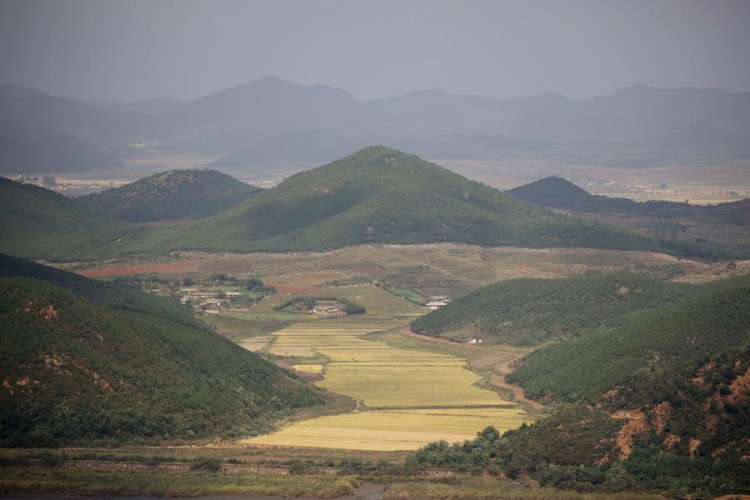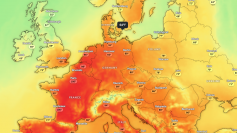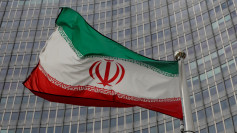Analysts, including a United Nations expert who expressed skepticism about North Korea's harvest this week, said the country's food situation remains critical, and there are hints that it is obtaining huge shipments of humanitarian aid from China.
North Korea has always struggled with food insecurity, with analysts claiming that international sanctions, natural calamities, and the ongoing global health crisis, which has triggered unprecedented border closures, have aggravated the problem.
Tomas Ojea Quintana, United Nations special rapporteur on human rights in North Korea, said the increasing humanitarian situation could evolve into a crisis, which coincides with a worldwide "creeping apathy" regarding the fate of North Korea's people.
Economic sanctions by the United Nations Security Council should be assessed and loosened as needed to facilitate philanthropic and lifesaving support as well as the promotion of ordinary citizens' right to an adequate standard of living, Quintana said in a final report to the UN General Assembly to be released on October 22.
To compensate for weak harvests, the government generally relies on imports and aid from China, but severe self-imposed border lockdowns aimed at averting a coronavirus outbreak have slowed trade to a trickle, casting doubt on the hermit state's capacity to overcome food shortages.
In a report reviewed by Reuters this week, a UN rights investigator disclosed international sanctions imposed over North Korea's nuclear weapons program create additional obstacles and should be relaxed to avoid a humanitarian disaster.
North Korea does not recognize Quintana's mandate or cooperation, and its Geneva mission did not respond to a request for comment immediately. Pyongyang's regime does not respond to questions from foreign journalists.
Despite its economic troubles, North Korea has continued to expand its nuclear and ballistic missile arsenals, including launching a flurry of new short-range missiles in recent weeks and expanding its main nuclear reactor complex, which analysts believe is aimed at refining additional weapons-grade uranium.
The UN Food and Agriculture Organization said in July that the 2021 growing season appeared to be off to a good start, but data gathered by satellite this week by a U.S.-based think-tank point to an output that falls short of an average or good harvest, a new document this week revealed.






